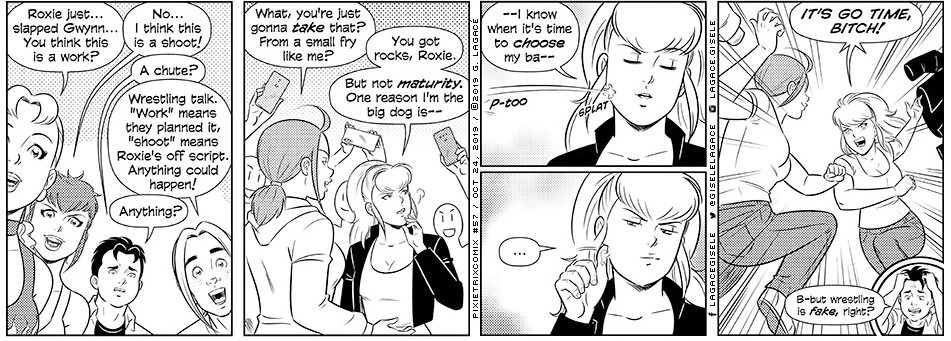Four infinitives in search of an object
Brendan O'Leary's A Treatise on Northern Ireland, Volume I starts with a quotation from Spinoza's Tractatus Politicus:
Sedulo curavi, humanas actiones non ridere, non lugere, neque detestari, sed intelligere.
I have labored carefully, not to ridicule, or detest, but to understand.
That's Brendan's translation, which captures the relevant essence, although it leaves out the second of Spinoza's four infinitives (ridere, lugere, detestari, intelligere) and also their object (humanas actiones). Reading this yesterday afternoon, on a train returning from a committee meeting in DC, I mentally supplied the missing English words, and realized that the result is problematically awkward, in a way that punctuation can't fix:
I have labored carefully not to ridicule, not to lament, and not to detest, but to understand human actions.
This led me to ponder (not for the first time) the stylistic advantages — or at least differences — of Latin's inflectional morphology and free word order.
Read the rest of this entry »


